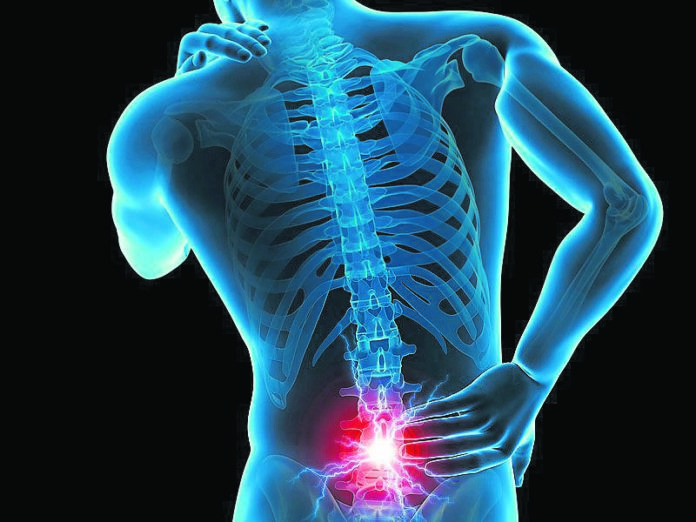A project on better managing chronic pain from NUIG is one of six finalists for a €1 million prize in the SFI Future Innovator competition.
The team of researchers at NUIG have made it to the final of this prestigious competition with their project ‘A novel hydrogel to address chronic pain in Irish patients’.
The SFI Future Innovator Prize is funded by the Department of Business, Enterprise and Innovation through Science Foundation Ireland to cultivate a solution based approach to funding research.
The competition challenges the country’s best and brightest unconventional thinkers and innovators to create novel, potentially disruptive technologies in collaboration with societal stakeholders and end-users.
Ministers Heather Humphreys and John Halligan announced the six finalists this week from universities, hospitals, and research institutes around Ireland.
An overall winning team will be announced in December and will receive a prize award of €1 million, giving them the chance to bring their solution to the market.
The Galway team tackling chronic pain includes Dr Alison Liddy, Biomedical Engineer and Chemist, and Dr Martin O’Halloran, Senior Lecturer in Medical Electronics, from NUIG; and Dr Chris Maharaj, Consultant Anaesthetist and Pain Specialist at UHG.
Congratulating the shortlisted teams Minister Humphreys said “It is very exciting to see so many innovative ideas coming through and I look forward to seeing their ideas develop further over the coming months.”
A novel aspect of the programme is the requirement for a Societal Impact Champion to be part of the leadership team.
The key role of this champion is to provide a strong perspective at all times on on how their project can be of benefit to society.
“This programme by its very design, is highly competitive and seeks to fund excellent research that aims to produce a tangible impact for society,” said Mark Ferguson, Director General of SFI.
He added that this competition showcases the “capacity of the Irish research community to help contribute to solving major national and global challenges.”
The challenges being addressed by the other five teams shortlisted in this competition are: Reducing the burden of Sepsis; Harnessing Gene Editing to Treat Rare Diseases; Enabling Next Generation Biological Imaging; Enabling Better Breast Cancer Diagnosis; and Minimising Hospital Waiting-lists and Optimising Healthcare Capacity.












